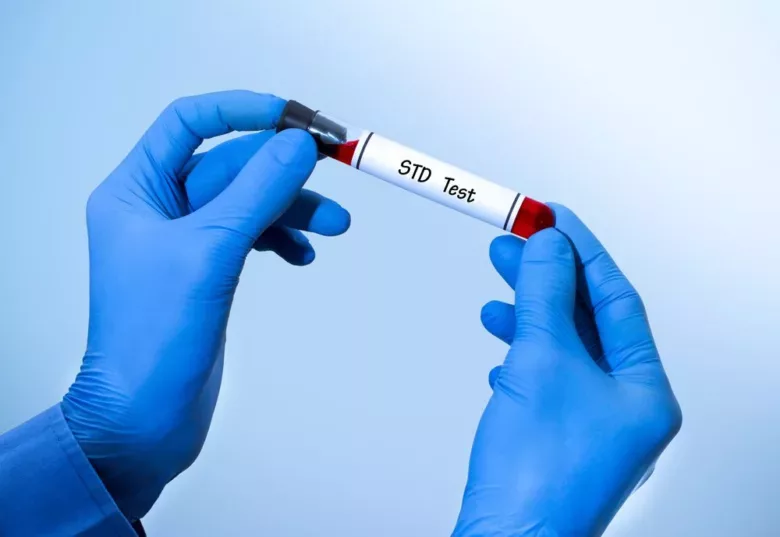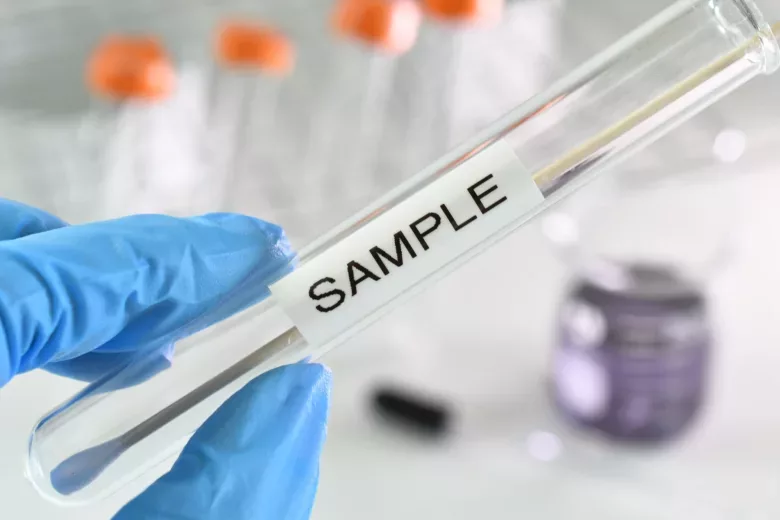Millions of individuals reportedly contract sexually transmitted diseases every year. Any individual can contract an infection not only from vaginal, anal, and oral intercourse but also via intimate contact. Sexually active people should exercise precautionary measures to prevent contracting STIs like Gonorrhea, Trichomoniasis, Chlamydia, Syphilis, and the like.
The 8 most common STDs have been listed below:-
Human Papillomavirus (HPV)
HPV has been deemed one of the most commonly occurring STDs. Amongst the 43 million HPV cases that have been reported by the CDC in 2018, most of them have occurred among teens and individuals in their 20s.
The most common HPV symptom is flesh-coloured or pink bumps that can cause an itch, and might even result in bleeding. Serious HPV strains have reportedly caused cervical cancer, penile cancer or even oral cancer. Healthcare experts use the PAP smear method to test HPV. The risk of contracting HPV can be easily reduced and even prevented by getting a vaccination.
Herpes
Herpes has been deemed one of the most contagious and cost-intensive STDs. As per the reports generated by the BMJ Open study in 2022, the yearly cost of treating Herpes via suppressive therapy can amount to 2,580 USD. Herpes can be categorized into two viral strains:-
- Herpes simplex type 1 (HSV-1)
- Herpes simplex type 2 (HSV-2)
Both these strains spread via sexual contact and result in genital herpes. Oral herpes symptoms include fever blisters, cold sores, or genital and anal sores. Herpes can also infect the fetuses of pregnant women during their first trimester.
Hepatitis
Hepatitis can be transmitted via sexual contact and many other ways. It can lead to serious health issues like liver fibrosis and inflammation. At the initial stage, patients experience tiredness, vomiting, nausea, dark urine, stomach pain, and yellowing of the eyes and skin. There are three strains of Hepatitis:-
- Sexually transmitted, HAV (Hepatitis A virus) is usually found in feces and can spread even via personal contact, water contamination, food, or international travel.
- HBV (Hepatitis B virus) can also be transmitted via the exchange of bodily fluids, sexual contact, and sharing needles. Foetuses of afflicted pregnant mothers can also potentially contract this disease. Chronic cases of HBV can cause serious liver issues like cancer, scarring, liver failure, and sometimes even death. Death.
- Hepatitis C is another strain of this virus that can be transmitted via exposure to semen, blood and bodily fluids.
There are treatments available for all three strains of Hepatitis. However, the vaccine is only available for the HCV strain.
Syphilis
Syphilis is one of the most commonly occurring bacterial STDs in the US. Caused by the bacterium Treponema pallidum, it spreads via direct sexual contact. Syphilis patients first notice a sore called chancre that can also be a cause of transmission. In the initial stage, symptoms include painless and firm sores that develop on the genital or oral regions.
These painless sores often go unnoticed and symptoms disappear on their own. However, if the infection gets worse it can cause serious harm. Later stages of syphilis can cause skin and heart damage and even weaken the liver, bones blood vessels and joints.
Syphilis is easily treatable with antibiotics like Benzathine penicillin and is 100% curable. Therefore, it is imperative to get yourself tested if you experience symptoms or have been exposed to someone suffering from Syphilis.
Trichomoniasis
Trichomoniasis often referred to as “trich,” is a parasitic sexually transmitted infection caused by Trichomonas Vaginalis. It can have serious health implications for pregnant females causing issues like low birth weight, premature delivery, and even pre-labor membrane rupture.
Symptoms generally include burning, itching, soreness or redness around the genital region; painful urination, and an odd, foul-smelling in women. Men can experience penile discomfort or painful ejaculation, urination and foul discharge.
Gonorrhea
In recent times, there have been rising cases of Gonorrhea, because of the pandemic. Furthermore, a new strain of this disease which is antibiotic-resistant is one the rise and has been difficult to treat.
Gonnorhea is caused by the Neisseria Gonorrhea bacterium. It is known to grow and thrives in moist and warm areas of the human body. They can include the urethra, genital regions, the reproductive tract and sometimes even the eyes and throat.
Symptoms include odd genital discharge and painful urination. If left untreated in women, it can lead to grave health issues like pelvic inflammatory disease (PID), infertility and sometimes even death in the most serious cases.
Chlamydia
Chlyamydia is caused by the Chlamydia trachomatis bacteria, this STD is hard to identify most of the time because it shows no signs or symptoms during its initial stage. People who do get them may experience a burning sensation during urination or an odd penile or vaginal discharge. If left untreated, Chlamydia can lead to Pelvic Inflammatory Disease, infertility, ectopic pregnancy, or even pelvic pain in women.
Human Immunodeficiency Virus (HIV)
HIV is amongst the deadliest STDs known to mankind which can lead to AIDS (Acquired Immuno Deficiency Syndrome). This disease attacks the immune system and can be essentially life-threatening if not treated. It can rapidly spread via sexual contact and injection drug use. A mother is also more likely to pass HIV to her unborn child.
Early HIV symptoms include fever, headaches, swollen glands, muscle aches, or dire fatigue that can last for 2-4 weeks. Untreated cases can result in AIDS. Patients can experience weight loss, fever, night sweats, frequent infections, persisting dry cough, and abnormal skin rashes. Practicing safe sex with condoms is one of the best precautionary measures against AIDS.
Conclusion
STD treatment delays are more common than you know. It can lead to an increased risk of STD transmission, which can cause grave health complications. Awareness about these diseases is the first precautionary measure you can take for maintaining good sexual health. It can also help you identify the symptoms in case you contract an STD so that you can undergo STD testing with immediate effect.
The Importance of STD Testing
Untreated STDs can lead to serious health issues like infertility, organ damage, nerve problems, and even brain failure. Affordable Rapid Testing aims to offer seamless testing along with the quickest generation of lab reports.


